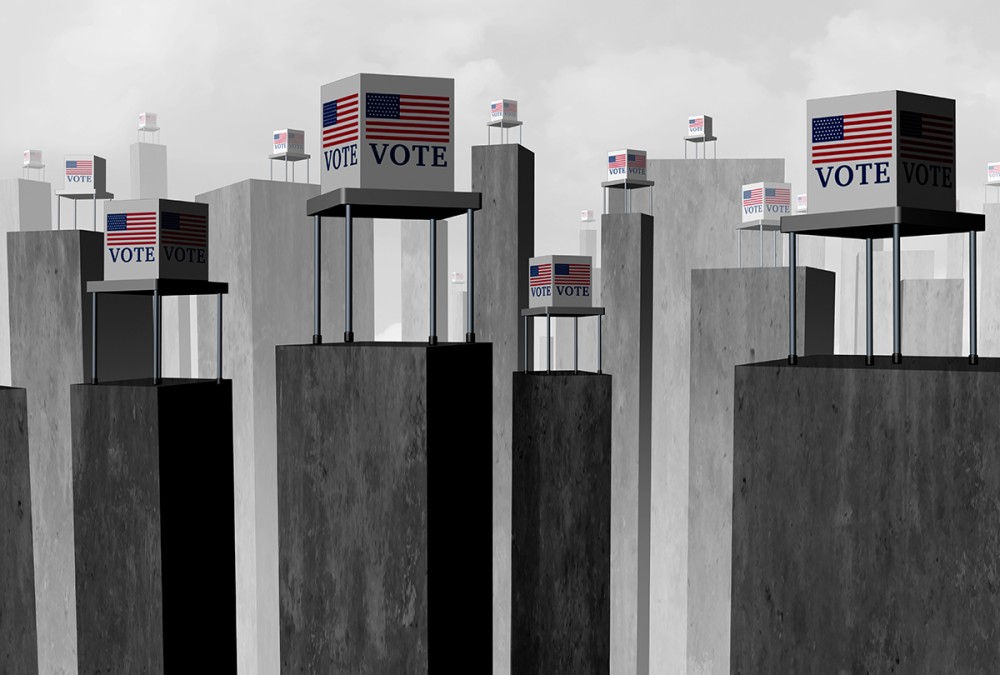Woke corporations?
Unlike today’s Republican party, Delta and Coca-Cola are responsive to public opinion.

Since Citizens United, the 2010 Supreme Court decision that prohibited restrictions on election advertising by corporations and nonprofits, the relationship between Republican lawmakers (who tend to favor deregulation and corporate tax cuts) and the corporate sector has flourished. In 2015–16, political groups associated with corporations contributed twice as much to Republicans as they did to Democrats at the federal level.
This may be why many Republicans were caught off guard when some corporate leaders denounced Georgia’s new voting law as unfair to Black voters. Also surprising was that the largest of the dissenting corporations—Coca-Cola and Delta Air Lines—had previously supported the law and given funds to the legislators who designed it. “Why are we still listening to these woke corporate hypocrites?” Marco Rubio rage-tweeted, while Mitch McConnell excoriated the private sector for “taking cues from the Outrage-Industrial Complex.”
Attributing wokeness or outrage to a corporation may fuel the culture wars, but it doesn’t accurately describe how the corporate sector functions. Traditional, for-profit corporations generally are not designed to make decisions based on emotion or moral commitments. Yes, the people who run them have emotions and moral commitments. But to survive, these corporations need to produce and sustain profits. And to achieve this, corporate leaders need to assess, weigh, and proportionally respond to the concerns of their customers, employees, and shareholders. Corporations are swayed by culture war language to the extent that the public—that is, their real and potential stakeholders—asks them to be. In this limited sense, corporate behavior is essentially democratic.





